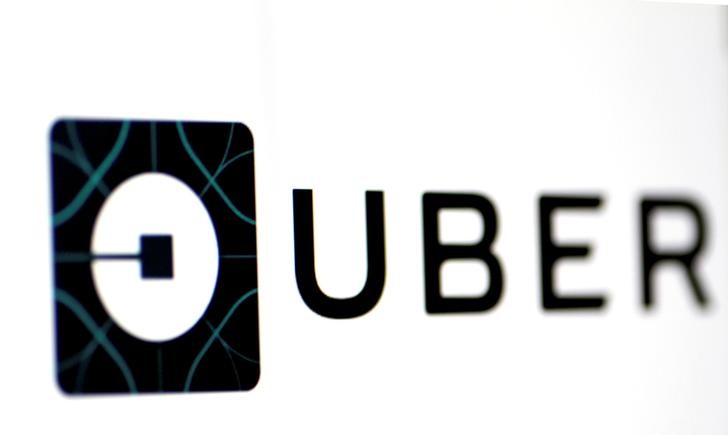By Davide Scigliuzzo
NEW YORK (IFR) – Uber is bringing its disruptive force to the leveraged loan market, approaching institutional investors directly on a new debt sale.
It has opted for that route because several Wall Street banks deemed the deal too risky from a regulatory perspective to take on, five people familiar with the matter told IFR. An Uber spokesperson confirmed the loan but declined to comment further.
The ride-hailing company wants to raise US$1.25bn and is marketing the new seven-year term loan at a spread of 425bp-450bp over Libor following an official pitch to investors on Friday.
Just one bank, Morgan Stanley, has a role in the deal but only as Uber’s financial adviser. Sales people at the US bank, which has not underwritten the loan, have had conversations with investors, some of the sources said.
On those calls, they have told the buyside to place orders directly with the company if they want to participate, the sources said. More typically, banks would take those orders on behalf of a company, and collect fees for doing so.
This highly unusual setup is intended to avoid attracting scrutiny from US banking regulators because the loan might breach Obama-era rules meant to curb risky lending to highly leveraged companies.
“They [Morgan Stanley] are softly organizing, but no more than that or they would be in trouble [with the regulators],” said one of the people.
Morgan Stanley is steering clear of the administrative agent role on the loan in an effort to further distance itself from the deal, one of the people said.
The function of the agent is typically reserved to the lead underwriter on a syndicated loan, and involves performing a series of duties post-issuance including handling interest payments or facilitating secondary trading.
That position on the new Uber loan is taken by Cortland Capital Market Services, a third-party provider that typically steps into administrative agent roles when banks do not take the position.
Representatives from Morgan Stanley and Cortland declined to comment.
TOO RISKY FOR NOW
Banks were mostly wary about working with Uber on a new loan, because the company’s US$1.15bn debut loan offering in 2016 was criticized by US banking regulators.
The regulators took issue with the banks carving out more mature operations from the rest of the business, which had negative earnings, to calculate debt metrics.
That syndication was led by Morgan Stanley, with Barclays, Citigroup and Goldman Sachs playing smaller roles in the trade.
Barclays, Citigroup, and Goldman are not involved in Uber’s new loan offering.
“They didn’t want to draw any additional scrutiny from the regulators,” another of the people said. “It is kind of getting around what regulators intended.”
The three main US banking regulators – the Federal Reserve, Office of the Comptroller of the Currency and the Federal Deposit Insurance Corporation – issued the so-called leveraged lending guidelines in 2013.
They are aimed at discouraging banks from lending to companies that have a debt-to-Ebitda ratio of over six times, or that don’t generate enough cashflow to pay down debt quickly.
The status of the guidance is currently in limbo after regulators signaled they are open to revising them.
But many leveraged finance bankers say they still feel pressured to abide by them – and for now at least are wary of doing deals that would put them in the spotlight.
(This story will appear in the March 10 issue of IFR Magazine.; Reporting by Davide Scigliuzzo; Additional reporting by Andrew Berlin; Editing by Natalie Harrison and Jack Doran)
















